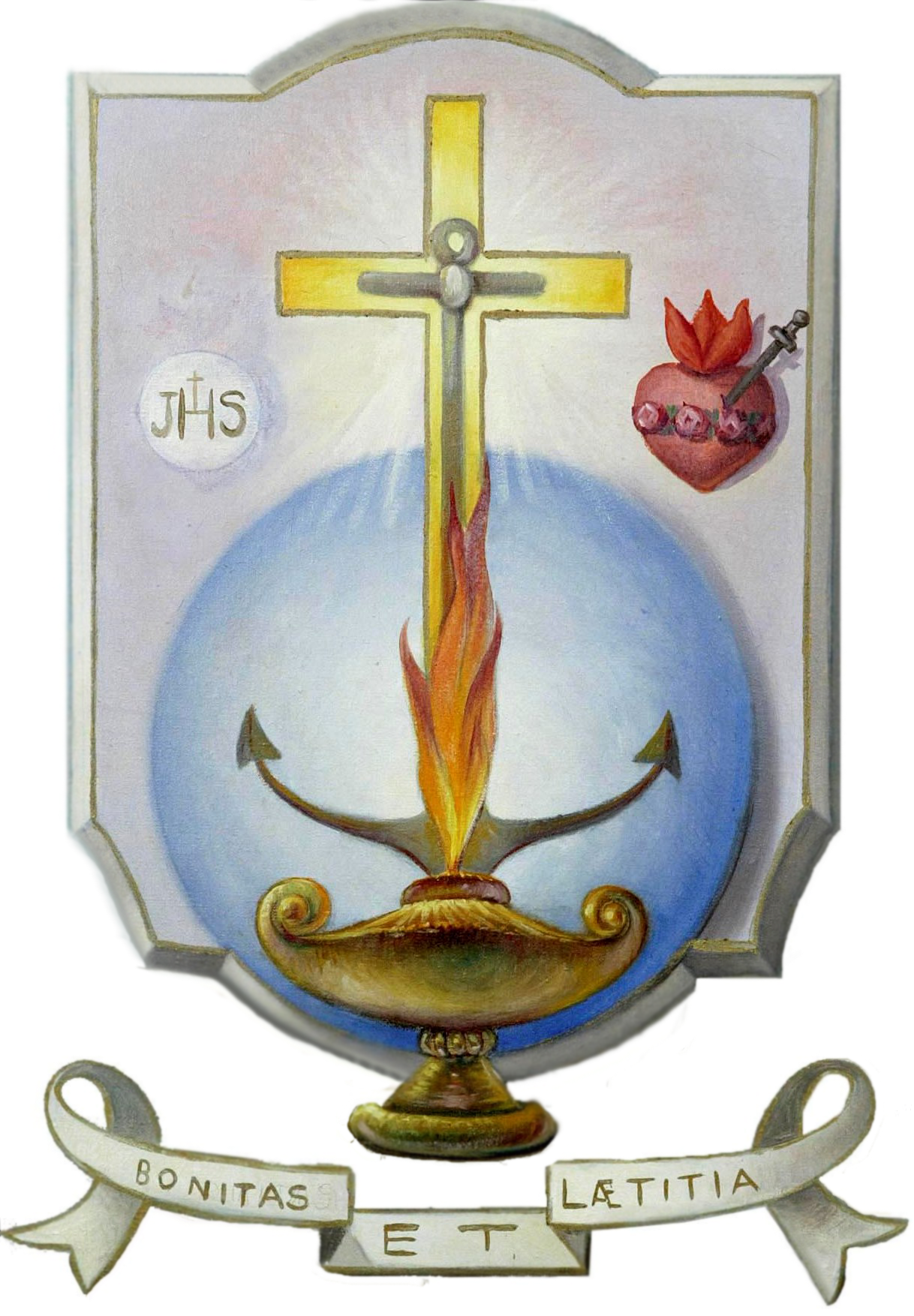Madre Leonia Milito
Daughter of merchant parents, Mother Leonia, born Maria, was born in Sapri, a city near the sea, province of Salerno, Italy, on June 23, 1913. Her parents, Gabriele Milto and Anna Maria Grisi, had six children. During the First World War her maternal parents took him to the house of Trecchina, a mountain town close to them and her uncles who spent her early childhood while her father was at war.
The return of his father also underlined his return to his father’s home in 1918. He started school, completed the sacraments of Christian initiation, studied classical piano and in his adolescence entered Catholic Action, where with more or less seventeen years old, he made a spiritual retreat and listened to an Italian dictation from the preacher: “Whoever has time, don’t wait for time“. She hadn’t thought about her future and in that instant she felt that she should dedicate her life to the service of all and not just one family. She had to be religious and missionary religious.
She made a long vocational discernment and contrary to the desire of her father and brothers, who dreamed of seeing her fulfilled in a happy marriage, she ran away from home, leaving her mother fainted, on July 18, 1935, at almost 22 years of age and entered the Institute of the Poor Daughters of St. Anthony, in Secondigliano, Naples.
Deep inside, Mother Leonia’s missionary zeal pushed her beyond borders and, with the support of the General Government, the mission in Brazil was opened as an intermediary for her. In 1953, together with a group of nuns, she herself went to spread the mission and in the following year the new superiors of the Institute, who were not in favor of the mission, assigned her to be responsible for the houses in Brazil.
Open to the grace of God and to his divine will, she attracted many young people to her missionary ideal and, on March 19, 1958, in the city of Londrina (Paraná), Brazil, she founded, together with Archbishop Geraldo Fernandes, the Congregation of the “Missionary Sisters of Sant’Antonio Maria Claret”, which has as its main purpose the “Proclamation of the word and the service of charity”.
Her spiritual motherhood made her the pilgrim of love, the woman of Advent who carries within her, Jesus the Father’s Missionary and Redeemer of humanity; of Easter which made her a witness of the resurrection; and of Pentecost, which frees, consoles, promotes the human being and generates in the Spirit a new life, communion, love, compassion for brothers, in goodness and joy, faithful to the discipleship of Jesus. It is not for case that for her, holiness is love. Love that translates into concrete gestures, in life given with openness and generosity to God and to one’s brothers, like a daughter who feels the drama of humanity with the Church. In her life she maintained a deep and intense Eucharistic and Marian spirituality, love for the poor and for the Church. For her it is necessary to contemplate Jesus in the Eucharist to see him in the face of the needy brother and to serve him in the mission.
On July 22, 1980, she was packed and packed to visit her daughters in Australia, Europe and Africa and possibly her future work in India. In car accident she left her life, but not her mission.
Her mission did not end with her definitive Easter. From heaven she continued her mission of intercessor and friend of those who need spiritual, moral, physical and material graces. The saint does not condition God’s power, but is an instrument of his love for him, of his mercy and tenderness with men. Faced with so many reports of graces and people who believe in her sanctity, the Congregation and the Archdiocese of Londrina have asked for the introduction of the cause for her canonization.


